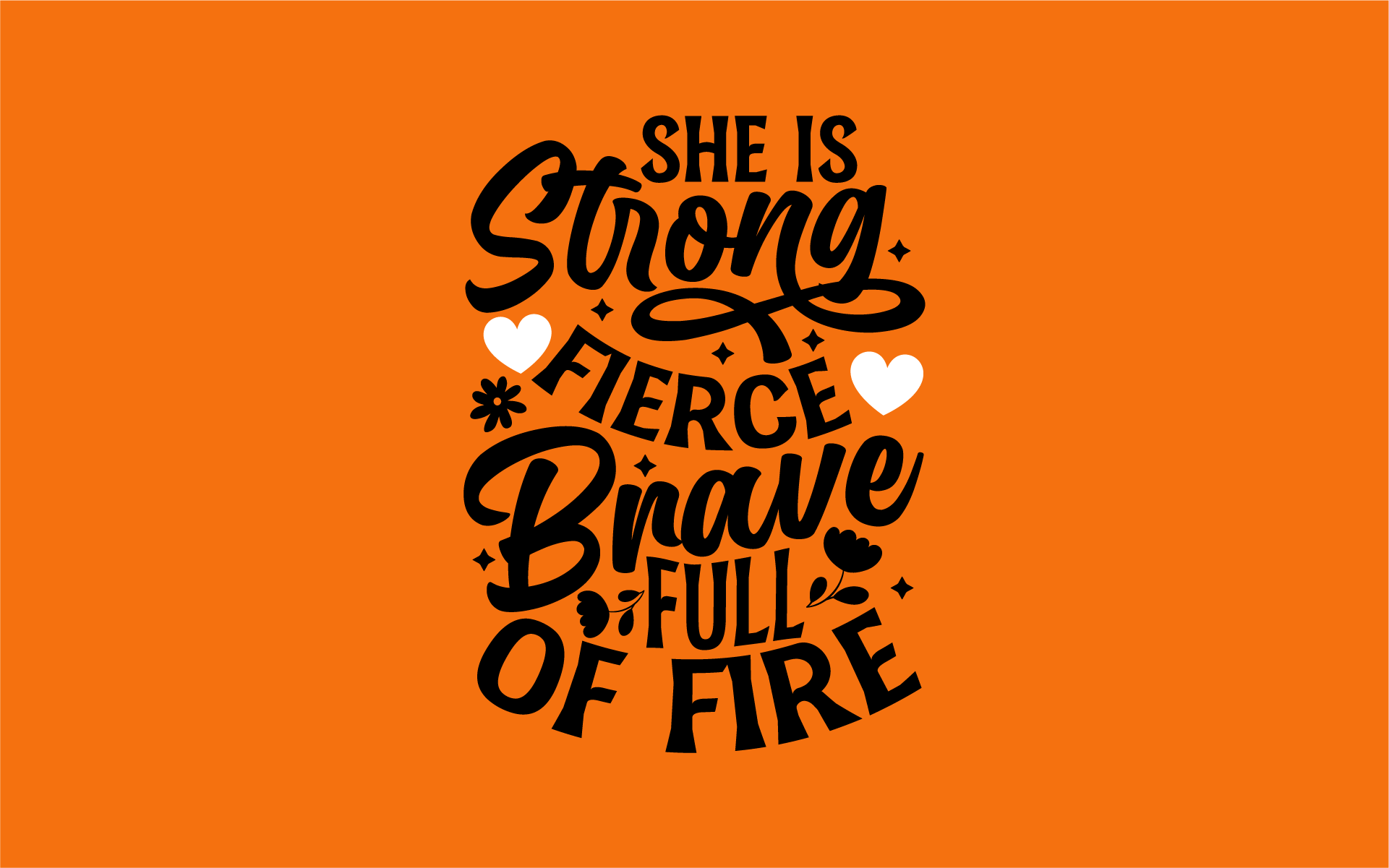In my 20s, I picked up a book on a bookshelf at an antique furniture store. I convinced the store owner to sell it to me.
Almost 14 years later, this book would form a quintessential guide on my journey to harnessing my intuitive power.
The book is Women Who Run with the Wolves: Myths and Stories of the Wild Woman Archetype, by Jungian psychoanalyst Dr Clarissa Pinkola Estes.
She uses analogies or archetypes to teach women about coming into their intuitive wild nature.
How is the book helping me find my intuitive power? Well, I have found myself playing a more significant role in my immediate and extended family and the family I married into.
It’s not by chance that I have been pulled into a position of influence. I don’t take it lightly when older folk seek guidance from me or make room for my views. I have had to draw from various sources for the knowledge and strength to carry out these heavy duties.
In her description of a fascinating and powerful character called La Loba, Pinkola Estes tells us of her unreserved knowing and passion.
I find this comforting, as I have to carry the passion with which I share spiritual and cultural learnings with my family, and the patience I have to master when the teachings fall on deaf ears.
I was partially raised by my mother’s older sister, who I call Mamkhulu. She comes to mind when I think of women who possess that wild nature Pinkola Estes speaks of.
Mamkhulu, unfortunately, transcended from this life in 2020, when my place in the family shifted.
Mamkhulu had three qualities I now believe I’ve inherited. She loved fiercely; she was dynamic – wise and wild simultaneously; and she was relentless in her quest for truth.
In the time I lived with her, she was as fierce and nurturing as Raksha, Mowgli’s wolf mother in The Jungle Book.
The neighbourhood kids knew her for dealing decisively with bullies if she caught wind of their harassing me. I lived with her because my parents were going through a divorce, but she did her best to make it less traumatic for me.
She’d even sneak in a visit from my dad, against my mom’s wishes at the time. These visits would make for happy memories of my now late father in my adult life.
Her dynamism was my favourite of her traits. She had moved seamlessly from hairdressing salon owner to hardcore shebeen queen, and then she became a devout church woman in her later years.
In all of this, she easily carried the traits of the compassionate community builder and the woman-not-to-be-messed-with.
Her authority was equally felt in the family. She would often bring people to task for not doing the right thing, whether it be related to cultural debt (a ceremony they hadn’t done) or for not showing up for the family when needed.
She earned herself a reputation as what we call a “Chobolo” — a person who doesn’t take nonsense.
I imagine she tried to sell the family on discovering our true selves and being relentless in this quest. It was only after her death that we fully appreciated the weight she carried in the family. She left us with a massive leadership void.
My most prominent memory of her later life was the story she briefly told me about her pilgrimage to the Eastern Cape, where her mother and father were from.
She and her siblings grew up in Gauteng, where my grandparents settled. They were both teachers.
Mamkhulu later moved between Mpumalanga, where she was married, and Joburg, where she settled. Her connection to home in the Eastern Cape was non-existent, due to her parents migrating and not going back home to keep the home fires burning.
I don’t think it ever sat well with her that she was disconnected from home. So one day she just decided to get on a bus and head home, despite being unknown to her Eastern Cape family and her limited knowledge of her ancestry.
She was welcomed by elders who were still alive then, and taken to see various sides of the families. I remember her excitement when she came back. It was as if she had just summited Mount Kilimanjaro.
As fate would have it, a year after her passing, in 2021, Mamkhulu’s spirit set me off on the same journey to our Eastern Cape homelands. I was joined by my mother and uncle.
We were plagued by the same need for connection to home that Mamkhulu yearned for.
When I read Women Who Run With the Wolves in my 20s, I didn’t realise it would be the map I would need to help me navigate bravely on that journey home.
Last year, I took on the daunting task of extending the same journey to other members of our family, who took time to understand the importance of our journey.
It only hit home for some when we participated in a homecoming ceremony to mark the memorable occasion.
I spent months trying to process where that gumption to steer my family on important family matters came from and what it means for my growth journey and, dare I say, my standing in the family.
It dawned on me when I started reading Pinkola Estes’ book again, this time with eyes wide open. Mamkhulu’s relentless quest for truth and self-knowledge is what wild nature and tapping into one’s instinctual power really means.
On the other side of my passionate quest, I only hope I leave footprints as indelible as Mamkhulu left on this earth.

Leave a Reply